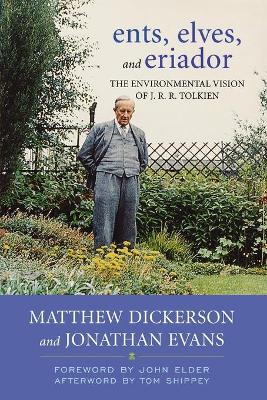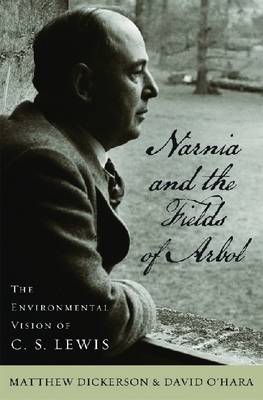Culture of the Land
2 total works
With a Foreword by John Elder and an Afterword by Tom Shippey Though not often recognized as environmental or agrarian literature, the writings of J. R. R. Tolkien demonstrate a complex and comprehensive ecological philosophy. The ecology of Middle-earth portrayed in The Hobbit, The Lord of the Rings, and The Silmarillion brings together three potent and convincing elements of preservation and conservation--sustainable agriculture and agrarianism, horticulture independent of utilitarianism, and protection of unspoiled wilderness. Throughout his work, Tolkien reveals his vision of the natural world and environmental responsibility. Ents, Elves, and Eriador examines the underlying environmental philosophy in Tolkien's major works as well as his lesser-known stories and essays. Matthew Dickerson and Jonathan Evans evaluate Tolkien's writing, especially his Middle-earth legendarium, in the context of modern environmental literature. The authors compare Tolkien's work with that of some of the most important environmental scholars and nature writers of the past century, including Wendell Berry, John Elder, Aldo Leopold, and Scott Sanders, highlighting Tolkien's intellectual depth. A vital contribution to environmental literature and an important addition to Tolkien scholarship, Ents, Elves, and Eriador offers all fans of Tolkien a new way to understand his writings.
Scholars have discussed the work of C. S. Lewis (1898--1963) for decades, but they have focused on Lewis's Christian and pagan allusions and have largely ignored his other important themes. Narnia and the Fields of Arbol: The Environmental Vision of C. S. Lewis is the first book dedicated to Lewis's vision of our relationship to nature and the environment. Matthew T. Dickerson and David O'Hara examine The Chronicles of Narnia and the Ransom books, as well as The Great Divorce, The Abolition of Man, and Lewis's essays and personal correspondence, connecting his writing with that of authors more traditionally associated with environmentalism, such as Wendell Berry, Aldo Leopold, and Gary Snyder. Narnia and the Fields of Arbol offers a fresh way for readers across disciplines to understand the work of this literary legend.

